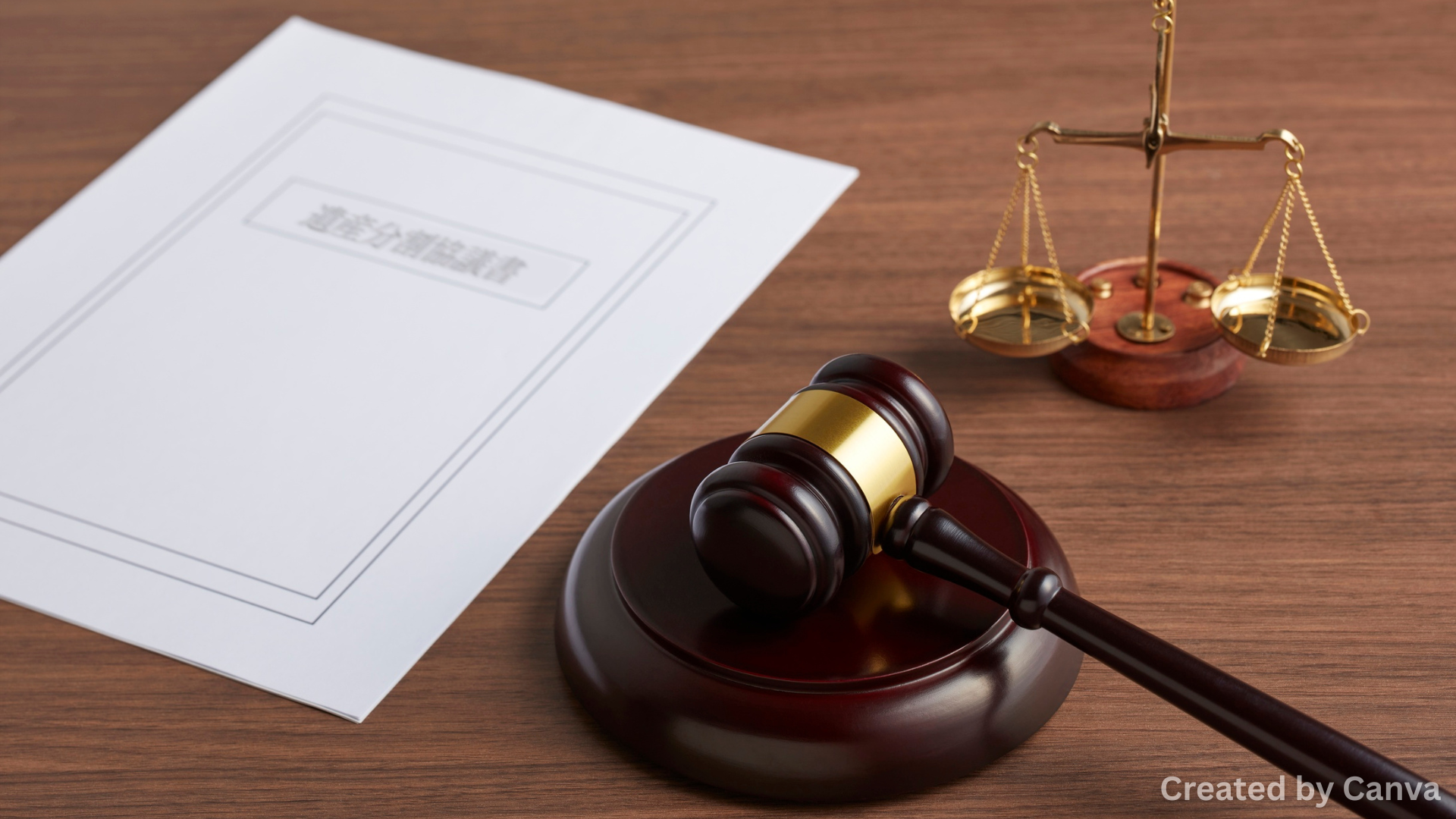In personal injury claims, there are varying types of compensation that are divided into specific categories. Insurance companies often use personal injury calculators to determine how much of each category you may be due.
Depending on the type of accident or injury you suffered, your compensation could fall into multiple categories including medical expenses, property damage, general damages, and punitive damages.
Special Damages
The majority of all personal injury cases will culminate in a provable, cumulative dollar amount for all expenses related to the accident. These costs are called “Special Damages” and include:
- all medical bills
- out of pocket expenses
- property damages
- lost wages
- future lost earnings
- rehabilitation costs
It is important to keep careful track of each and every purchase or expense related to your injury so they can be submitted together for compensation. When added up, these costs are used to determine your remaining compensation categories.
Due to regulations and limits, you must attempt to foresee all future impact from your personal injury in this sum so you don’t lose out on your entitled compensation.
It may seem obvious to include the loss of your pay for days you missed while recovering, but if your accident caused physical damage that continues, you need to consider these lasting effects and how they will affect your future earnings as well. A skilled personal injury attorney can help you determine these amounts.
General Damages
This category refers to the more subjective effects from your injury. Your General Damages Multiplier is a number between 1.5 and 5 that will be used to literally multiply the amount of money you are entitled to receive.
Factors used to determine the weight of your general damages include the amount of pain and suffering you endured from your injury. It also includes any ripple effects like continued lack of sleep, disruption of your daily life, loss of companionship, and other stressors.
When your life has been extremely upset by your personal injury experience, your general damages multiplier will be higher. Keep in mind that most cases will result in a general damages multiplier of 4 or less.
Special Damages x General Damages Multiplier = Total Compensatory Damages
Once determined, this number is used to multiply your special damages totals. For example, if your special damages totaled $12,000 and your general damages multiplier was determined to be a 2, your compensation is now $24,000.
Punitive Damages
Punitive damages are reserved only for the most despicable cases of negligence or reprehensible behavior which directly resulted in your injury. It is rare that punitive damages will be awarded in true accidents, but instead are credited when full malicious intent can be proven.
Examples of cases where punitive damages are often include sexual assault, battery, or fraud. When defendants are high profile clients or corporations, juries tend to go for higher punitive damages in an effort to cripple further medical or financial fraud against the general population.
When a case is determined to be worthy of punitive damages, the state of New Jersey caps the amount that can be awarded. State regulations limit the punitive damages to not exceed five times the compensatory damages already awarded, or $350,000, whichever is higher.
If we continue the aforementioned example where $24,000 compensatory damages were awarded, punitive damages could not exceed $120,000.
Personal Injury Law Firms Can Help
No matter the type of personal injury you have suffered, it is in your best interest to seek the council of an experienced personal injury attorney. They can help you to determine the different amounts of compensation you may be entitled to, as well as lead you through the process of filing in time.






